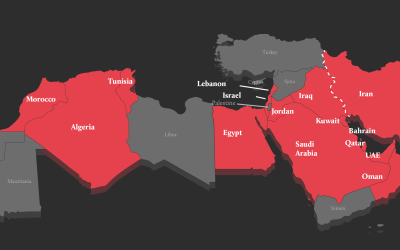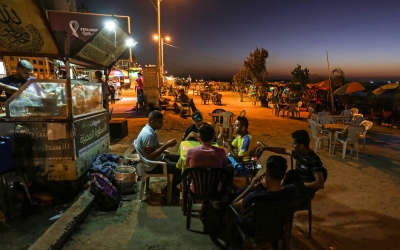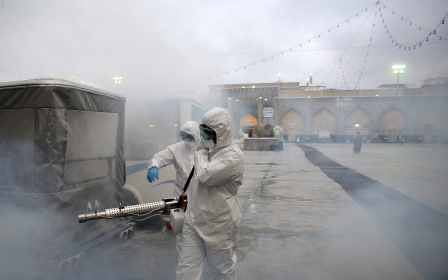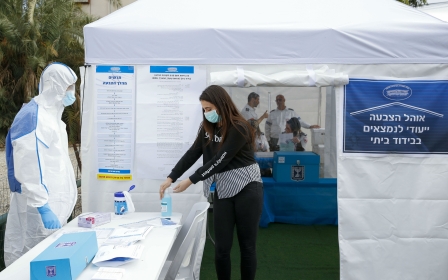UN experts fly to Iran as coronavirus cases spread across the Middle East
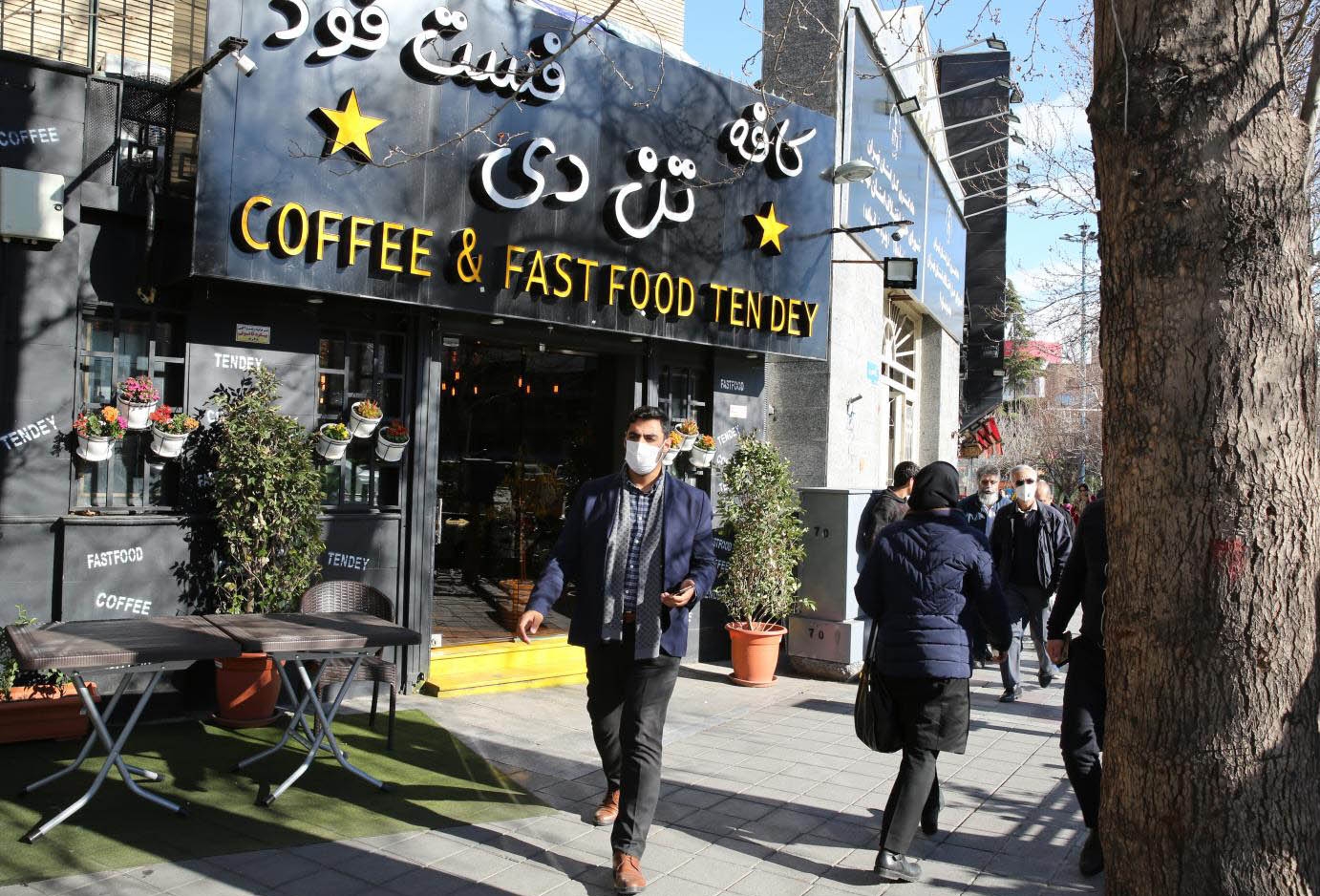
The United Nations has sent six medical experts to Iran as new cases of the coronavirus continue to be reported across the Islamic republic, neighbouring countries and North Africa.
The World Health Organisation said that a flight left Dubai on Monday carrying doctors, epidemiologists, laboratory specialists and medical supplies to "provide guidance on strengthening and scaling up the response to the ongoing outbreak."
Aside from China, Iran has been one of the worst-hit countries by the deadly COVID-19 disease, with the official death toll rising by 12 to 66.
The WHO said the supplies included protective equipment to support over 15,000 health care workers, as well as enough laboratory kits to test and diagnose nearly 100,000 people.
The UAE was reported to have provided the military transport plane despite having downgraded its relations with Iran amid a fierce rivalry between Tehran and Abu Dhabi's close ally, Riyadh.
"Aid should reach all people regardless of their background," Sultan Mohammed al-Shamsi, the UAE's undersecretary for humanitarian affairs said.
Gulf states have announced a raft of measures to curb the spread of the virus, cutting off transport links with Iran and telling citizens not to visit.
Germany, France and Britain, for their part, said they would send emergency medical supplies including testing equipment, body suits and gloves as well as five million euros ($5.5m) to help tackle the outbreak.
'Suspicious of intentions'
As UN medical experts and aid touched down in Tehran, the Islamic republic rejected a similar offer from its arch-enemy Washington, dismissing it as "propaganda".
US President Donald Trump offered help on Saturday, saying: "If we can help the Iranians with this problem, we are certainly willing to do so... all they have to do is ask."
Iran's foreign ministry spokesman, Abbas Moussavi, dismissed the offer, saying: "We are suspicious of the intentions of the Americans and do not count on this aid."
Also on Monday, Iran's confirmed cases leapt by 523 on the previous day, hitting 1,501, Deputy Health Minister Alireza Raisi said.
State news agency IRNA also reported the death of Mohammad Mirmohammadi, a member of the Expediency Council which advises Iran's supreme leader Ayatollah Ali Khamenei.
It did not specify the cause of death but said the 72-year-old had died at Tehran's Massih Danechvari Hospital, the capital's main centre for coronavirus patients.
The outbreak that originated in China has sparked concern among Iran's neighbours, with a first case reported in Saudi Arabia.
The health ministry in Riyadh said that a man had tested positive after returning from Iran.
Many of the Gulf's other victims are pilgrims returning from Iran, in particular the Shia city of Qom, where the country's first case was reported.
Jordan and Tunisia also reported their first cases on Monday, while the number of cases in Qatar jumped to seven.
Jordan's health minister said the infected person had just returned from Italy, which has been one of the worst hit countries outside China.
In Tunisia - which is the second north African country to report a case of the virus after Algeria - the country's health minister also said the infected man had recently returned from Italy.
Middle East Eye delivers independent and unrivalled coverage and analysis of the Middle East, North Africa and beyond. To learn more about republishing this content and the associated fees, please fill out this form. More about MEE can be found here.


